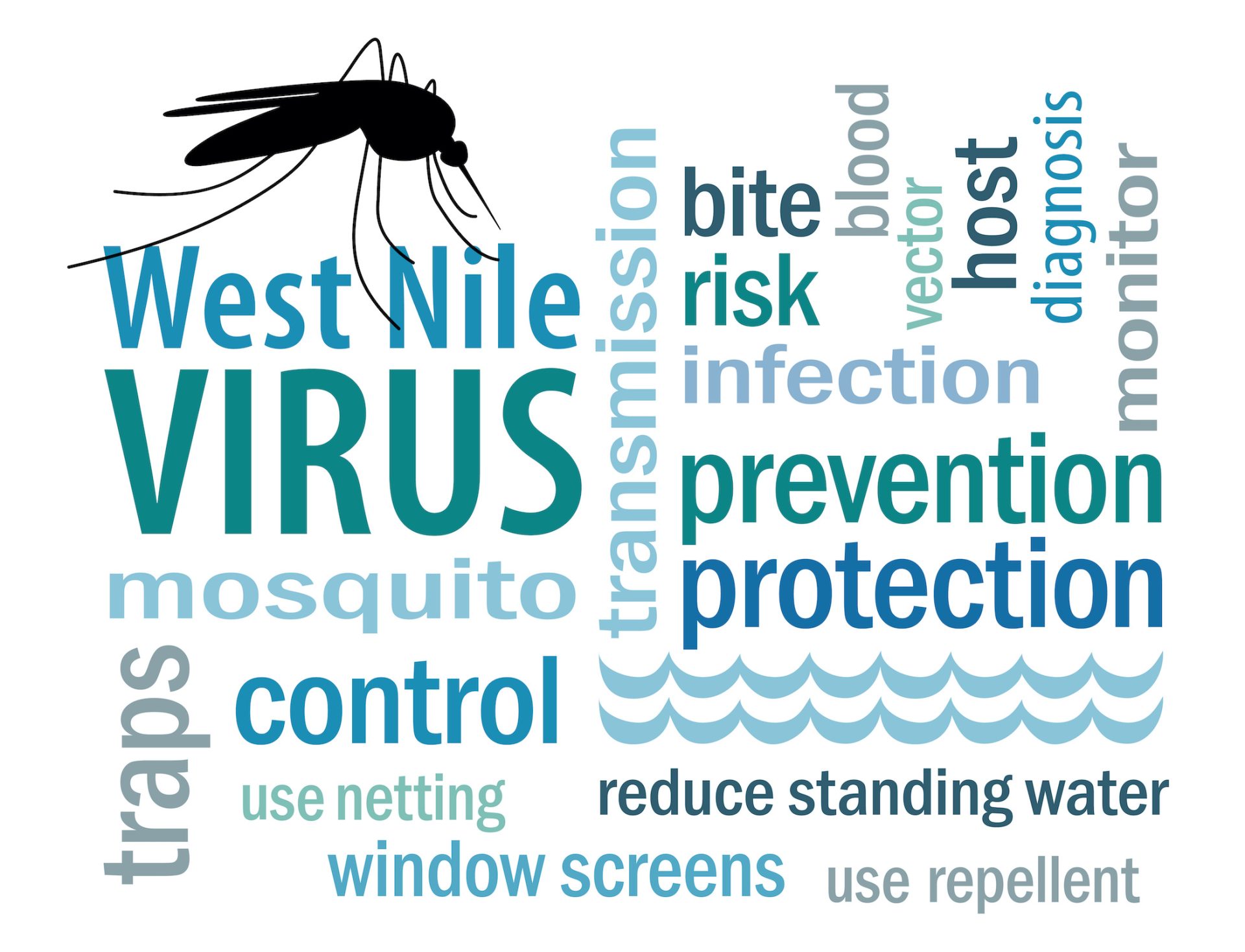
The new variant of COVID-19, known as FLiRT, is now the most dominant strain in the U.S. This variant, which evolved from the omicron strain, is characterized by changes in its spike protein.These changes could increase the virus’ ability to infect cells and evade the immune system, even in people who have previously been infected or vaccinated.
“This variant can evade the immune response more effectively than prior versions of the virus. If you’ve been infected, or you’ve been vaccinated, and you’ve got some antibodies in your system, those antibodies may not recognize the protein on the surface of the virus as well,” says Dr. Binnicker, director of the Clinical Virology Laboratory at Mayo Clinic.
According to the Centers for Disease Control and Prevention (CDC), this new variant is now responsible for more than 28% of COVID-19 cases in the U.S. There is a potential for an increase in cases during the summer months, with a more significant surge expected in the fall and winter.
“I anticipate we’ll see an uptick in cases with this more transmissible virus that can evade the immune system. But what I’m really watching are the fall and winter months because that’s typically when we see the largest surge in respiratory viral infections,” Dr. Binnicker says.
For those who are vaccinated, antibodies are present to combat the virus. However, the effectiveness of these antibodies can vary with different virus variants.
With this latest round of variants, this FLiRT variant, the antibodies that you have from past vaccination may not bind and neutralize the virus as well. If you’ve been infected or vaccinated in the past three to four months, you’re probably going to have antibodies that are going to recognize these newer viruses effectively. And it will help you keep from getting really sick and may even help prevent you from coming down with any symptoms.
Dr. Binnicker continues, “If you were infected or vaccinated more than six months ago, you may not have as good of protection, and you may come down with a subsequent infection with the typical symptoms of COVID,” he adds.
Symptoms of FLiRT
The symptoms of this variant are consistent with other variants and include:
• Sore throat
• Body aches
• Cough
• Runny nose
• Shortness of breath (especially in unvaccinated people or those infected long ago)
If you choose to do so, receiving an updated vaccine will help protect you from the newer strain.
The Food and Drug Administration (FDA) approved new COVID-19 vaccines for the 2024-2025 season for people ages 6 months and older. These updated vaccines are designed to better protect against recently circulating variants, helping to prevent serious illness and hospitalization.
New COVID-19 variants can evade immunity from earlier vaccination or prior infection, meaning vaccinated or previously infected people may still catch the virus. However, their immunity helps protect them from severe illness.
Who should get the updated COVID-19 vaccines?
The Centers for Disease Control and Prevention (CDC) recommends that everyone 6 months and older get the updated 2024-2025 COVID-19 vaccine for better protection this fall and winter. Whether you’ve previously had a COVID-19 vaccine or not, it’s important to stay protected.
It’s recommended that everyone should get the updated COVID-19 vaccine as soon as it is available. Those who recently had an infection should wait three months, or those who had a dose of the older COVID-19 vaccine should wait two months. It is especially important for those who are at higher risk of severe infection.
“Those who are immune compromised, those who are over the age of 75, those with certain preexisting health conditions and those who are pregnant fall into a higher risk category should get the updated COVID-19 vaccine as soon as possible,” explains Dr. Binnicker.
Vaccine protection can wane over time, so staying updated with your COVID-19 vaccination is key to preventing severe illness, hospitalization and possibly death.











